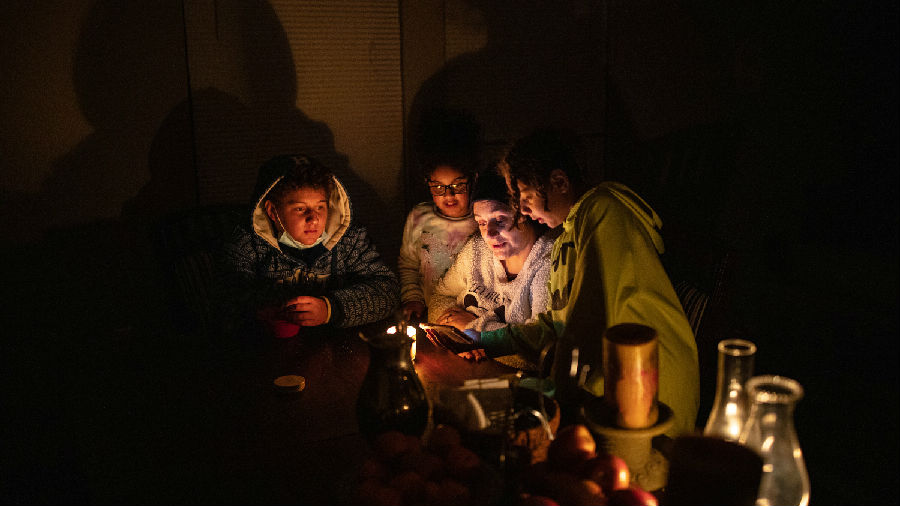The state’s deregulated power market is also fiercely competitive. ERCOT oversees the grid, while power generators produce electricity for the wholesale market. Some 300 retail electricity providers buy that fuel and then compete for consumers. Because such cold weather is rare, energy companies do not invest in “winterising” their equipment, as this would raise their prices for consumers. Perhaps most important, the state does not have a “capacity market” to ensure that there was extra power available for surging demand. Such systems elsewhere act as a sort of insurance policy so the lights will not go out, but it also means customers pay higher bills.
開放的得州電力市場競爭激烈。得克薩斯州電力可靠性協會負責監管電網,各大發電商為電力批發市場發電。大約300家零售電力供應商購買電力燃料爭奪消費者。這樣的寒冷天氣在得州極其罕見,因此能源公司并未投資“過冬”設備,因為這將提高他們為消費者的定價。也許最重要的一點在于,得州沒有設立“發電容量市場”,以確保其有額外電力可供激增的需求。為保險起見,其他地區設立了發電容量市場系統,能夠確保當地的燈不會熄滅,但這同樣意味著用戶需要支付更高額的賬單。

For years the benefits of Texas’s deregulated market structure were clear. At 8.6 cents per kilowatt hour, the state’s average retail price for electricity is around onefifth lower than the national average and about half the cost of California’s. In 1999 the state set targets for renewables, and today it accounts for around 30% of America’s wind energy.
多年來,得州電力市場的開放性結構帶來的好處清晰可見。該州的平均零售電價為每千瓦時8.6美分,比美國平均電價低五分之一左右,約為加州電價的一半。1999年,得州制定了可再生能源的目標,如今其可再生能源占美國風能的30%左右。
This disaster is prompting people to question whether Texas’s system is as resilient and well-designed as people previously believed. Greg Abbott, the governor, has called for an investigation into ERCOT. This storm “has exposed some serious weaknesses in our free-market approach in Texas”, says Luke Metzger of Environment Texas, a non-profit, who had been without power for three full days when The Economist went to press.
這場災難促使人們質疑得克薩斯州的電力系統是否像人們之前認為的那樣具有彈性且構思甚佳。州長格雷格·阿博特呼吁對得克薩斯州電力可靠性協會展開調查。非營利組織得州環境的盧克·梅茨格表示,這場暴風雪“暴露了得州自由市場方法的一些嚴重弱點”。在《經濟學人》付印時,盧克·梅茨格已經停電整整三天了。
譯文由可可原創,僅供學習交流使用,未經許可請勿轉載。











